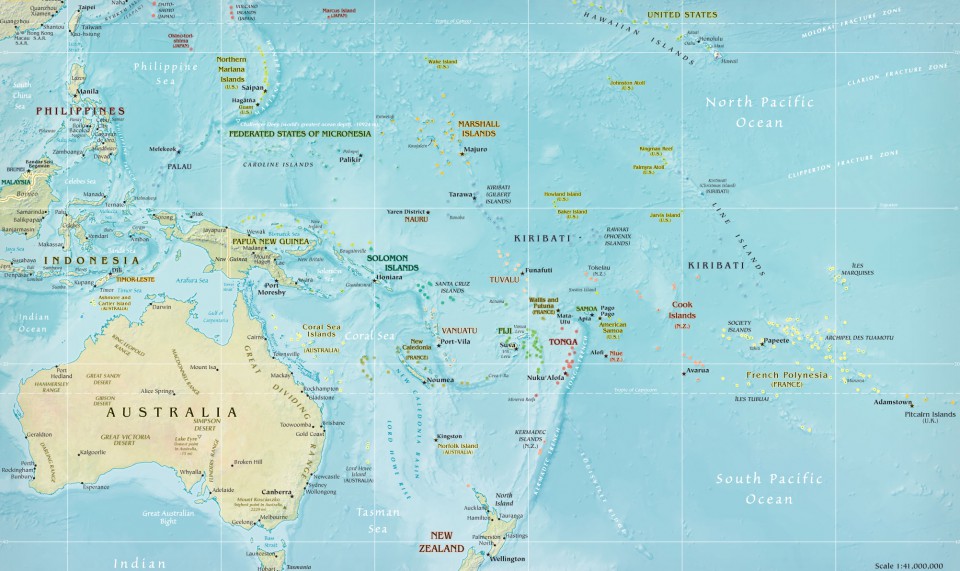The first volume of the Australian Journal of Psychotherapy was published in 1982. It also marked the formation and formalisation of Psychoanalytic Psychotherapy Association of Australia. It was, essentially, the first local ‘broad church’ – Australian- journal on psychoanalytic theory and practice in the country. The Lacanian based ‘Papers of the Freudian School of Melbourne’, was first published in 1979. Edited by a small group chaired by Melbourne Psychoanalyst Leonardo Rodriguez, the new Australian Journal of Psychotherapy contained seven papers and three book reviews, including member of the editorial committee Joan Christie’s piece on Janet Malcolm’s ‘Psychoanalysis: The Impossible Profession’. In time, the journal has accepted and published contribution from psychoanalysts, psychotherapists, couple therapists and social theorists from Australia and internationally. Since then a few other periodicals have emerged: the quarterly Psychotherapy in Australia which began in 1994, and the online journal of the Australian Psychoanalytical Society, Psychoanalysis Downunder which also began during the 1990s.
Developed by a team of passionately committed psychotherapists, most of whom were from Melbourne, it was hoped that the journal would become ‘a reading space for those interested in the developments of the talking cure and in reflections about the place of psychotherapy in the life of our culture. Founded on the same principles that made the therapeutic experience possible – to make the unconscious conscious… to be prepared to learn the truth… which nevertheless was not the private property of anyone, no matter how powerful’. Wise words. And so the journal was launched with a series of articles by several senior clinicians – on child and adolescent psychotherapy, on the technical issue of managing transference and countertransference in the consulting room and the formation of the human group. There was an article on linguistics and another on the ‘cultural vicissitudes of the human drives’.
In his preface to the journal Loren Borland, then President of the Psychotherapy Association of Australia, wrote briefly of the history of psychoanalytic thinking and practice in Australia and the formation. It brought together a number of like-minded people and groups across Australia, Borland noted.They may have operated independently of one another but followed the same trajectory as to purpose and future direction. Borland also wrote of the early phases – people needed time to trust one another, to feel free to discuss theory and practice openly and without fear of destructive criticism. Thus a Federal structure had been created; one enabling groups from each state to retreat and shore up their identity before venturing out again into the national sphere. Large groups can be very exposing.
Borland hoped that in time the safety of the federal model would eventually disappear. There were many ‘beginnings’, Borland continued: the first conference at Bowral in New South Wales in 1981 where people began to trust and talk theory and practice together was one of them. New work was beginning: to develop ethical guidelines particular to the practice of psychoanalytic psychotherapy – differentiated from the base professions: social work, psychology and psychiatry where psychotherapy was but a small part of their concerns. And of course, he added, work was beginning to relate psychoanalytic psychotherapy to the broader mental health system. And the journal? It was a place for discussion and reflection; where the status quo could be questioned, new concepts explored and ideas thrashed out in print. Moreover it was an Australian born psychoanalytic journal… with its own cultural base.
